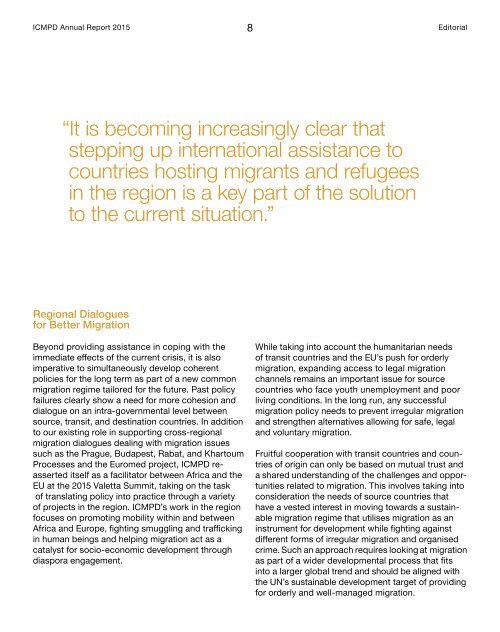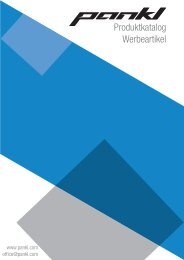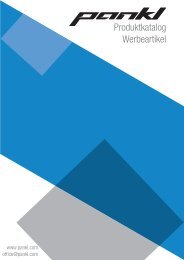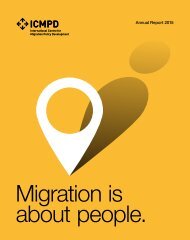ICMPD-Review-2015
You also want an ePaper? Increase the reach of your titles
YUMPU automatically turns print PDFs into web optimized ePapers that Google loves.
<strong>ICMPD</strong> Annual Report <strong>2015</strong><br />
8<br />
Editorial<br />
“It is becoming increasingly clear that<br />
stepping up international assistance to<br />
countries hosting migrants and refugees<br />
in the region is a key part of the solution<br />
to the current situation.”<br />
Regional Dialogues<br />
for Better Migration<br />
Beyond providing assistance in coping with the<br />
immediate effects of the current crisis, it is also<br />
imperative to simultaneously develop coherent<br />
policies for the long term as part of a new common<br />
migration regime tailored for the future. Past policy<br />
failures clearly show a need for more cohesion and<br />
dialogue on an intra-governmental level between<br />
source, transit, and destination countries. In addition<br />
to our existing role in supporting cross-regional<br />
migration dialogues dealing with migration issues<br />
such as the Prague, Budapest, Rabat, and Khartoum<br />
Processes and the Euromed project, <strong>ICMPD</strong> reasserted<br />
itself as a facilitator between Africa and the<br />
EU at the <strong>2015</strong> Valetta Summit, taking on the task<br />
of translating policy into practice through a variety<br />
of projects in the region. <strong>ICMPD</strong>’s work in the region<br />
focuses on promoting mobility within and between<br />
Africa and Europe, fighting smuggling and trafficking<br />
in human beings and helping migration act as a<br />
catalyst for socio-economic development through<br />
diaspora engagement.<br />
While taking into account the humanitarian needs<br />
of transit countries and the EU’s push for orderly<br />
migration, expanding access to legal migration<br />
channels remains an important issue for source<br />
countries who face youth unemployment and poor<br />
living conditions. In the long run, any successful<br />
migration policy needs to prevent irregular migration<br />
and strengthen alternatives allowing for safe, legal<br />
and voluntary migration.<br />
Fruitful cooperation with transit countries and countries<br />
of origin can only be based on mutual trust and<br />
a shared understanding of the challenges and opportunities<br />
related to migration. This involves taking into<br />
consideration the needs of source countries that<br />
have a vested interest in moving towards a sus tainable<br />
migration regime that utilises migration as an<br />
instrument for development while fighting against<br />
different forms of irregular migration and organised<br />
crime. Such an approach requires looking at migration<br />
as part of a wider developmental process that fits<br />
into a larger global trend and should be aligned with<br />
the UN’s sustainable development target of providing<br />
for orderly and well-managed migration.
















